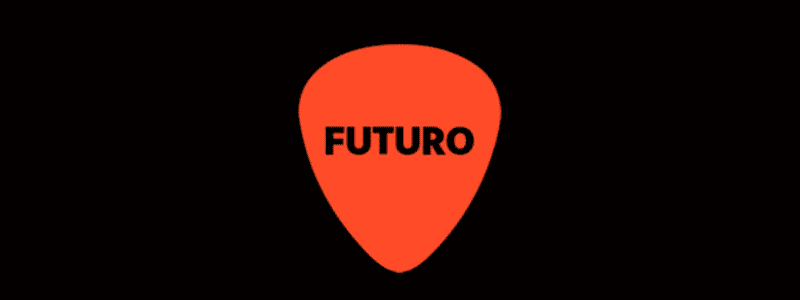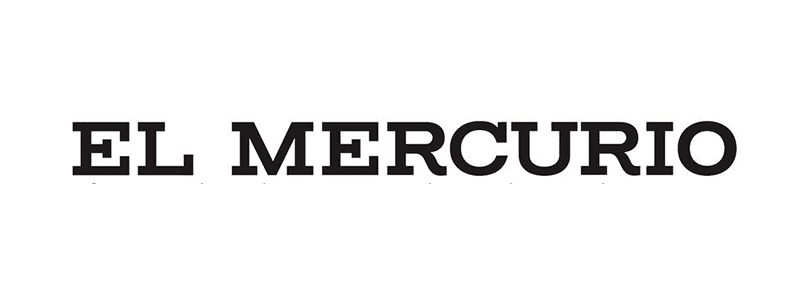Our Partner Eugenio Gormáz Spoke with Diario Financiero About Copyright Law in Chile and the Challenges It Faces.
Under Law No. 17.336 on Intellectual Property, the protection of original creations allows authors to control the use and distribution of their works. While progress has been made in this area, experts point out that challenges remain, particularly concerning emerging technologies and piracy.
A poem, a song, a scientific paper, or a painting—all are examples of creations protected by copyright, which grants authors rights over their intellectual works in the literary, artistic, and scientific fields. Copyright law aims to safeguard the work of creators while fostering cultural production and ensuring access to it.
In Chile, the protection of these works allows rights holders to control the use and distribution of their content under Law No. 17.336 on Intellectual Property, which grants both moral and economic rights to those who generate original content.
“Registration also provides a presumption of ownership to the individual listed as the rights holder, preventing them from having to prove ownership in the event of a dispute. This is a significant advantage, as proving authorship can be complex for certain types of works,” explains Eugenio Gormáz, lead partner of the IP, Tech & Data Group at Albagli Zaliasnik (az). He further notes that copyright infringements carry penalties ranging from fines to imprisonment in severe cases of piracy.
While copyright protection is automatic—requiring no formalities once a concrete creative expression is generated—it is still recommended to register such creations with the Intellectual Rights Department (DDI), says its director, Claudio Ossa. “This registration strengthens protection, facilitates the formal negotiation of rights in both domestic and international markets, provides legal evidence, and ensures the historical traceability of each transfer or transmission of economic rights, whether during the author’s lifetime or posthumously,“ Ossa explains.
Challenges
“To establish a strong and secure copyright protection system, adequate enforcement and authority are essential,” says Jaime Silva, a professor at UDD’s Law School.
The rise of new technologies such as artificial intelligence (AI)—which can generate various types of content, including text, images, audio, and video—has introduced new challenges for copyright protection. “While Chile’s legislation and institutional framework are strong in many respects, the rapidly evolving technological landscape requires us to rethink and reach new agreements on certain key issues,” says Michelle Azuaje, a professor at Universidad Alberto Hurtado’s Law School.
Since Chile is a signatory to international agreements such as the Berne Convention and the World Intellectual Property Organization (WIPO) Copyright Treaty, its copyright system follows global standards.
However, according to DDI Director Claudio Ossa, Chile has yet to introduce specific regulations for AI-generated content, unlike the European Union and some parts of the United States. “We should move forward in discussions and agreements to update our legislation, refining existing exceptions and limitations while incorporating any essential new provisions. This is key to maintaining a fair balance between copyright protection and access to knowledge,” Ossa explains.
Another major challenge is counterfeiting and piracy, which remain prevalent in Chile. “People continue to purchase books and other goods from street vendors and markets, fully aware that they are counterfeit, without realizing the economic damage they cause. There is little social awareness about this issue,” observes Professor Jaime Silva from Universidad del Desarrollo’s Law School.
He adds that although Chilean law favors protection and grants authors rights upon creation, strong enforcement from other institutions—such as Customs and law enforcement agencies—is necessary to curb the impact of counterfeiting in the country.



